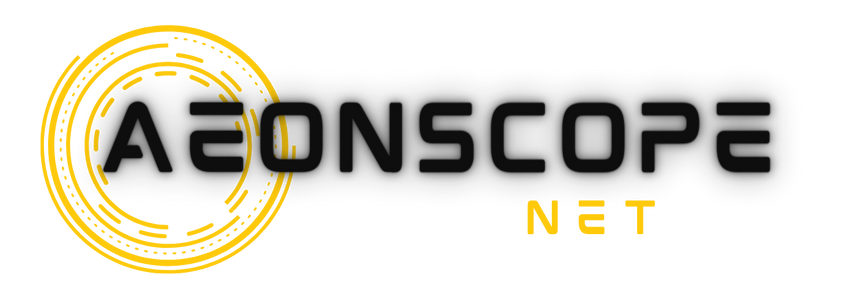As a website owner, you need to be aware of the law and how it affects your website. In particular, you should know about website accessibility and how to make your site accessible to everyone. By making your site accessible, using tools such as accessible and others, you comply with the law and make it easier for everyone to use – including people with disabilities.
What is website accessibility?
Website accessibility means that your site can be used by everyone, regardless of their ability or disability. This includes people who are blind, have low vision, are deaf, have hearing loss, use a wheelchair or other mobility aids, and have any other disability that makes it difficult for them to use a traditional computer.
According to the World Wide Web Consortium (W3C), an international body that sets standards for the web, website accessibility “enables people with disabilities to perceive, understand, navigate, and interact with the Web and allows all users to create and share content.”
In other words, accessible websites can be used by as many people as possible. This includes people with disabilities, who should be able to use the same features and functionality as everyone else.
Why is website accessibility important?
There are a few reasons why website accessibility is so important:
It’s the law
In many countries, including the US, UK, and Australia, it is the law that public sector websites must be accessible. If a government body owns your website or you provide a service to the government, your site must be accessible.
In the US, the Americans with Disabilities Act (ADA) requires all businesses with 15 or more employees to make their website accessible. This includes private sector companies, as well as non-profit organizations and charities.
The Equality Act 2010 requires all websites to be accessible in the UK. This includes websites belonging to private companies, public sector bodies, and charities.
The Disability Discrimination Act 1992 (DDA) makes it unlawful to discriminate against people with disabilities in Australia. This includes discrimination in providing goods and services, which including websites.
So, if any of these laws cover your website, you must make sure it is accessible.
It’s good for business.
Making your website accessible is the right thing to do, but it’s also good for business.
There are over 1 billion people with disabilities worldwide, and this is a huge potential market for your business. By making your site accessible, you can tap into this market and increase your customer base.
In addition, accessible websites tend to be well-designed and easy to use. This makes them more user-friendly for everyone, not just people with disabilities.
It’s good for SEO
Accessible websites are also better for search engine optimization (SEO). This is because search engines, like Google, give preference to sites that are accessible. Google has stated that accessibility is a “core ranking factor.”
If your website is accessible, it is more likely to appear higher up in search results. This can lead to increased traffic and more customers for your business.
The final word on website accessibility
Website accessibility is important for several reasons. First, it’s the law in many countries, good for business and good for SEO.
If you have a website, you should make sure it is accessible to everyone – including people with disabilities. This will comply with the law, but it will also increase your customer base and improve your SEO.





More Stories
Expanding Your Business Through E-commerce
Download Gigatuga Player for PC Windows 10,8,7
Stripe And Coindesk – Basic Info